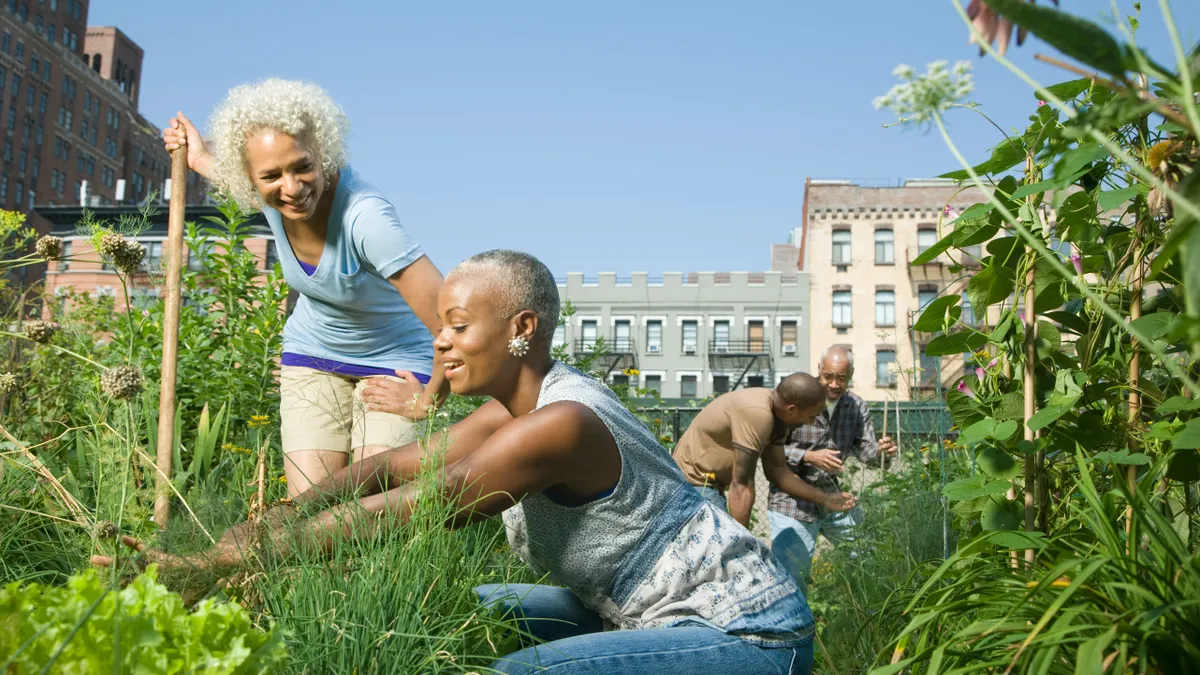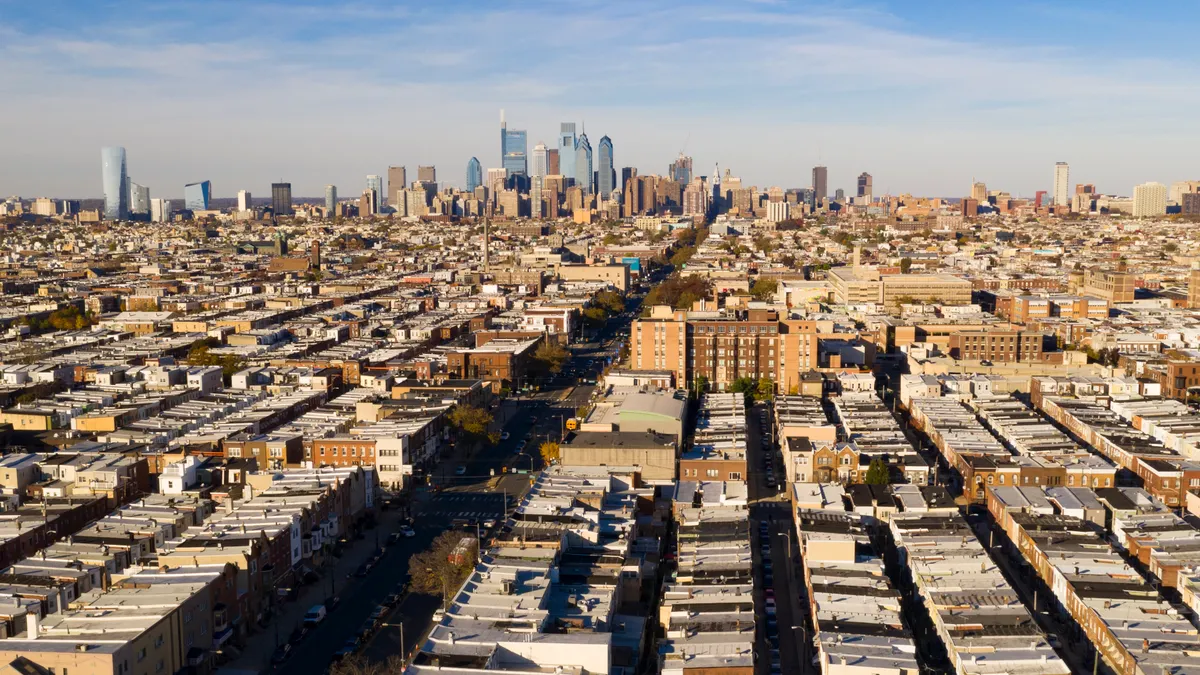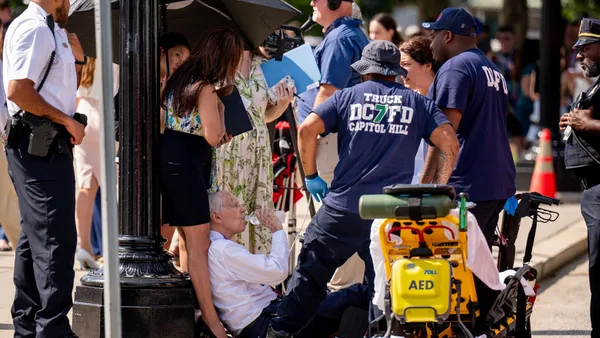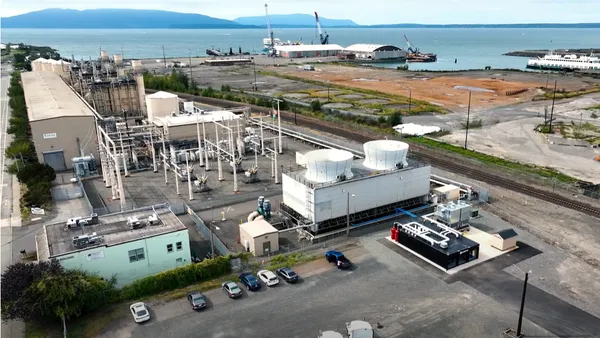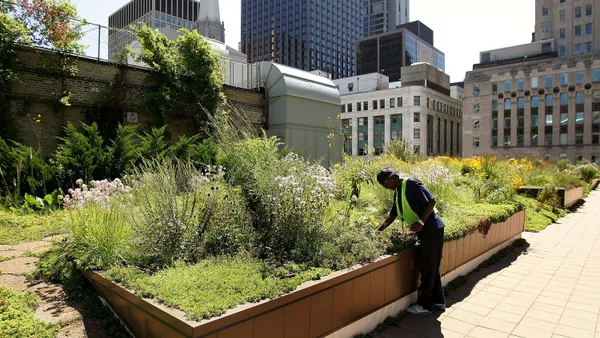Dive Brief:
- Chicago plans to invest $2 million in urban agriculture, leveraging vacant land to help improve food equity, the city said Wednesday. The city requested proposals to select one nonprofit organization to lead the Food Equity: Community Growers Program.
- Early next year, individual growers and small organizations can apply for funding to install permanent water access at qualified sites, carry out capacity-building projects and kickstart urban agriculture sites on city-owned vacant lots, the news release said.
- Food insecurity spiked during the pandemic, and some communities, including those in Chicago, see urban agriculture as a long-term aid. “Centering community-driven solutions is key to advancing food equity in Chicago,” Mayor Lori Lightfoot said in a news release.
Dive Insight:
The program is part of a broader effort to alleviate food insecurity in Chicago’s underserved neighborhoods “by encouraging the development of urban agriculture sites by local growers,” the news release said. In February, Chicago established its Food Equity Council, a private-public partnership that aims to create a “just and equitable” food system in the city.
“Eligible projects must be located in, have a demonstrated connection to, and intend to distribute food in parts of the city qualifying as impacted by lack of access to healthy food, defined in this case as low-income communities or qualified census tracts,” the news release said.
Cities throughout the U.S. have experimented with a range of community-focused agriculture projects, encouraging people to share the fruit they grow with their neighbors or distributing potted kitchen gardens to communities in need.
While there is some evidence that urban farming can help address food insecurity, it’s not a cure-all because food insecurity is a complex economic, social and environmental issue. In addition, many would-be urban farmers face challenges that can be tough to address, including a lack of affordable and productive land, legal restrictions on land use, and community resistance to urban agriculture, according to Eos, a science magazine published by the American Geophysical Union.
The Chicago Recovery Plan, funded by nearly $1.9 billion from the American Rescue Plan and more than $600 million from local bonds, provided money for the program, according to the city.
Interested organizations must submit their responses by Oct. 21. Individual growers and small organizations will be able to apply for funding during the first quarter of 2023.



